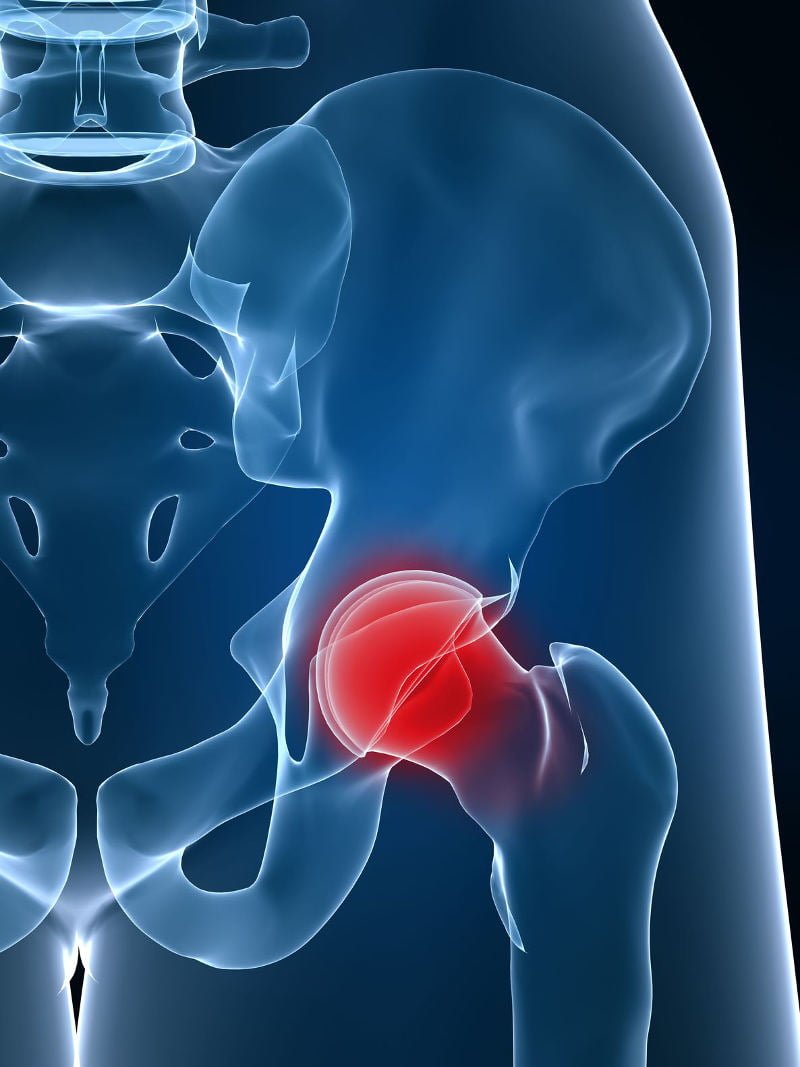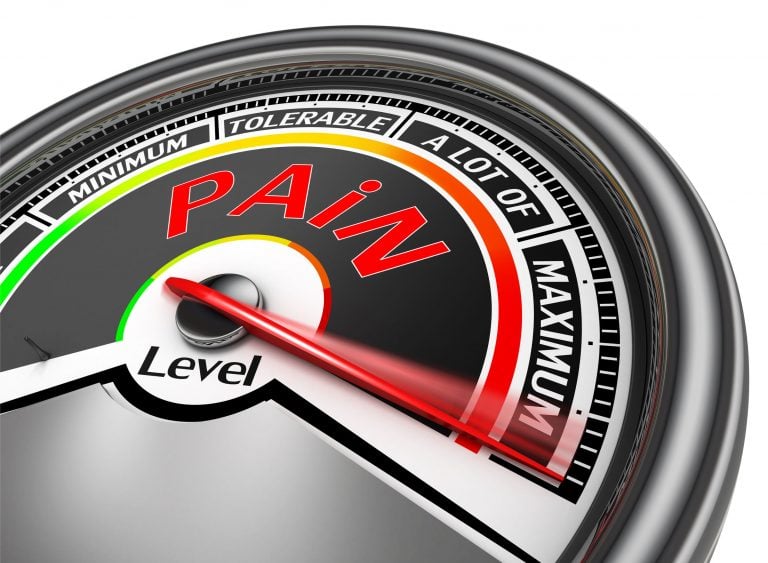Joint Replacement
- Surgical procedure for chronic severe joint pain
- Replacement with prosthetic
- Loss of muscle strength and mass has usually occurred
- Most frequent procedures are THR and TKR
Total Hip Replacement (THR)
- Frequent procedure in elderly population
- May be done for OA or RA or hip fracture
- Aim is to decrease pain and improve mobility and function
- Partial – (hemi-arthroplasty) or full
Management
Risk of dislocation for approx 3 to 6 months post-operatively
- Anterior approach – avoid extension and abduction and external rotation
- Posterior approach avoid flexion above 90 and adduction / internal rotation
Functional movements: what to avoid
- Sitting in a low chair (use wedge cushion)
- Lying on side – pillow between knees
- Avoid crossing legs over midline
Hip surgery recovery steps
- Carefully following the specific rehabilitation program provided your surgeon and his team
- Avoiding repetitive heavy lifting
- Avoiding excessive stair climbing
- Maintaining appropriate weight
- Staying healthy and active
- Avoiding impact-loading sports such as jogging, downhill skiing and high impact aerobics
- Consulting your surgeon before beginning any new sport or activity
- Thinking before you move
- Avoiding any physical activities involving quick stop-start motion, twisting or impact stresses
- Avoiding excessive bending when weight bearing, like climbing steep stairs
- Not lifting or pushing heavy objects
- Not kneeling
- Avoiding low seating surfaces and chairs




